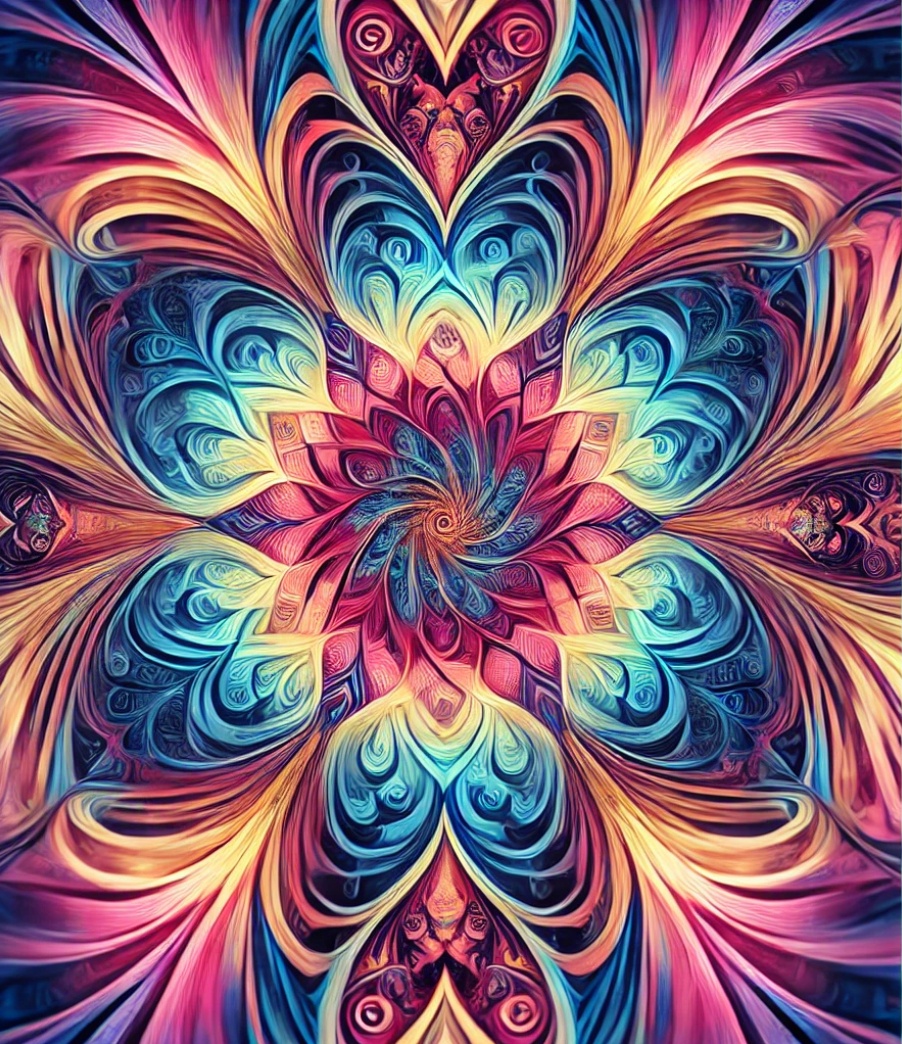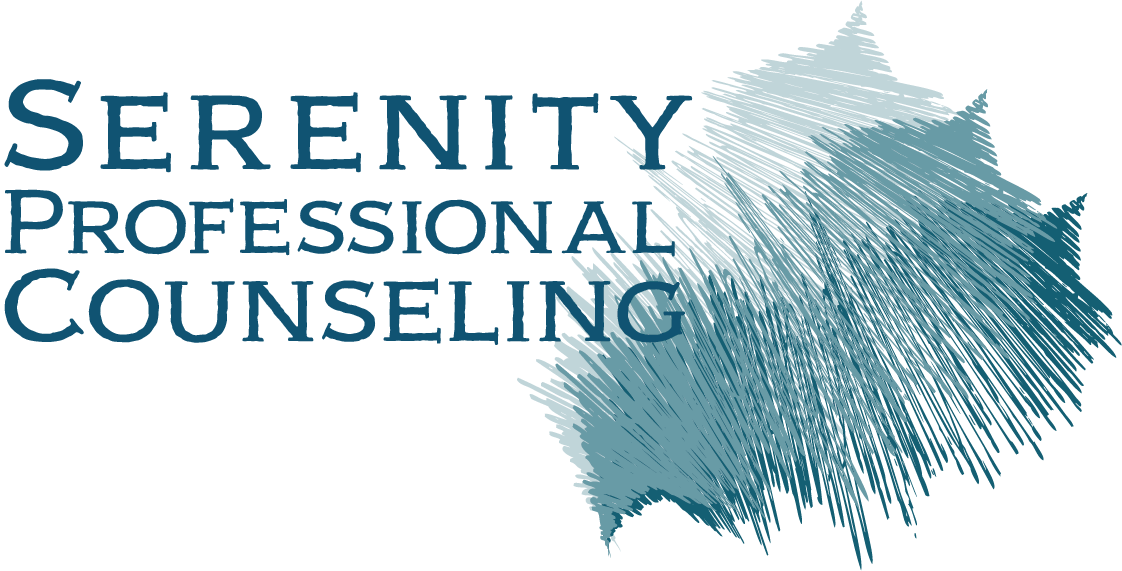High-Dose Psilocybin: The New Kid on the Block in Depression Treatment?

In the search for effective treatments for depression, high-dose psilocybin has emerged as a promising alternative to traditional antidepressants such as escitalopram (commonly known as Lexapro). Recent research highlights the potential of psilocybin to provide more significant relief from depression symptoms compared to SSRIs. This growing body of evidence suggests that, if legalized, psychedelic therapy could become a viable replacement for SSRIs in the future, offering a novel approach to treating depression.
A Quick Dive into the Study
So, what’s all the fuss about? A recent study published in the BMJ compared high-dose psilocybin to escitalopram (that’s Lexapro’s fancy name) in treating depression. Escitalopram is a well-known SSRI, or selective serotonin reuptake inhibitor, which is like a mood-boosting buddy that helps keep your serotonin levels in check. On the other hand, psilocybin is the active ingredient in magic mushrooms and is known for its mind-bending effects.
The researchers wanted to see if high-dose psilocybin could outshine escitalopram in reducing symptoms of depression. They gathered participants who were struggling with depression and gave them either psilocybin or escitalopram over a set period. The results were eye-opening!
The Results: Psilocybin Takes the Lead
The findings of the study show that high-dose psilocybin had a more significant impact on reducing depression symptoms compared to escitalopram. Participants who took psilocybin experienced faster relief from their symptoms and reported feeling better overall.
The study didn’t just throw around numbers and stats—it also looked at participants’ experiences. Those on psilocybin reported transformative effects that went beyond just feeling less depressed. They spoke of profound insights and emotional breakthroughs. It’s like having a deep chat with yourself that leaves you feeling like you’ve just solved a complex puzzle of your emotions.
Why Could This Be a Game-Changer?
If you’re wondering why this is a big deal, let’s break it down:
- Speed and Effectiveness: Psilocybin appears to kick in faster than SSRIs. While SSRIs can take weeks to start working, psilocybin offers quicker relief. This could be a game-changer for those in urgent need of help.
- Broader Impacts: Beyond reducing symptoms, psilocybin therapy seems to offer a more profound, holistic experience. Participants reported significant emotional and psychological shifts that traditional meds often don’t provide.
- Less Dependency: Many antidepressants require long-term use, leading to dependency. Psilocybin, with its more profound, potentially long-lasting effects, could reduce the need for continuous medication.
The Road Ahead: Legalization and Acceptance
Now, before you start planning your psychedelic therapy sessions, there’s a catch: psilocybin isn’t legal everywhere yet. In the U.S., it’s still a controlled substance, meaning it’s not readily available for therapeutic use. However, there’s hope on the horizon. As research continues and the benefits become clearer, the legal landscape may shift.
Imagine a future where, instead of popping daily pills, you might undergo a few guided psychedelic therapy sessions that provide lasting relief. It sounds like science fiction, but with the promising results of studies like this one, it could become a reality.
What This Means for the Future
The potential for psilocybin therapy to replace SSRIs could mean a new era of mental health treatment. When psilocybin becomes legalized, it could revolutionize the way we approach depression. Imagine a world where your therapy session isn’t just about adjusting your medication but about transformative experiences that address the root of your struggles.
While we’re not quite there yet, the study offers a glimpse of what’s possible. It highlights the need for continued research and openness to alternative treatments. If psilocybin proves to be a viable and effective alternative, it could reshape how we think about and treat depression.
So, stay tuned, keep an open mind, and who knows—psychedelic therapy might just be the future of mental health care. In the meantime, if you’re curious about how this all works, maybe consider diving into some of the latest research and keeping an eye on future developments. The future of depression treatment might be closer than we think!
The original academic article can be found here: https://www.bmj.com/content/bmj/386/bmj-2023-078607.full.pdf
